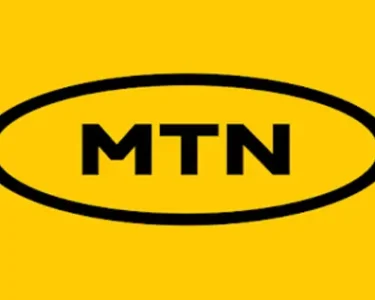Stakeholders have again re-examined the impact type approved telecoms equipment on the quality of service at a workshop hoted by the Nigerian Communications Commission (NCC) sensitise and educate its licensees and other relevant stakeholders in the Nigerian telecom industry on the importance of type approval of telecoms equipment and other mobile and terminal devices.
The one-day workshop was in continuation of its ceaseless efforts to effectively regulate the industry by ensuring that licensees comply with the extant industry type approval regulation, which overarching objective is to ensure industry interoperability, quality of service (QoS) and safety.
Discussions at the forum focused on sensitising the stakeholders to the need for type approval of telecom equipment (mobile or major), used by network operators in the deployment of services while also raising the red flag on inherent dangers associated with the use of non-type approved equipment and mobile devices imported by unscrupulous elements into the country.
Addressing stakeholders at the workshop, Bako Wakil, Director, Technical Standards and Network Integrity (TSNI), NCC, said type approval is one of the key regulatory functions of the Commission and a means through which NCC authenticates specifications, standards and conformity of telecom equipment for use in the Nigerian telecom industry.
According to him, type approval involves submitting a sample of a telecom equipment or device to the Commission to ensure its conformity and interoperability within the country’s telecom ecosystem and to guarantee they are safe for use by the consumers.
Wakil, who was represented by Toni Ikemefuna, Assistant Director, TSNI, at the event, stated that type approval is conducted, as a regulatory function, to ensure the safety of lives of consumers as well as to safeguard telecom networks and ensure good quality of services (QoS) in the Nigerian telecom ecosystem.
While noting that conducting type-approval exercise is in compliance with the international standards, Wakil stated that different regions of the world have varying specifications and standards requirements on equipment for compatibility, seamless interoperability of networks and deployment of digital services.
Wakil, however, explained the adverse effect of lack of a type approval process in any telecoms market. According to him, “the sales, installation and use of counterfeit, fake and substandard consumer telecom equipment such as mobile phones, tablets and other mobile accessories pose great risk to human health and safety and this underscores the importance of type approval of every equipment imported for use in Nigeria. The equipment also has the power to degrade QoS of our networks.”
He called on all relevant stakeholders, dealers of mobile consumer terminal equipment as well as major equipment importers and sellers as well as providers of Automated Vehicle Tracking System Service to be vigilant and ensure compliance to type approval established by the Commission in Nigeria.
He also urged them to expose those who deal in counterfeit, fake and substandard equipment by reporting cases of breach by those who provide telecom services without appropriate licences or authorisation to the Commission.



